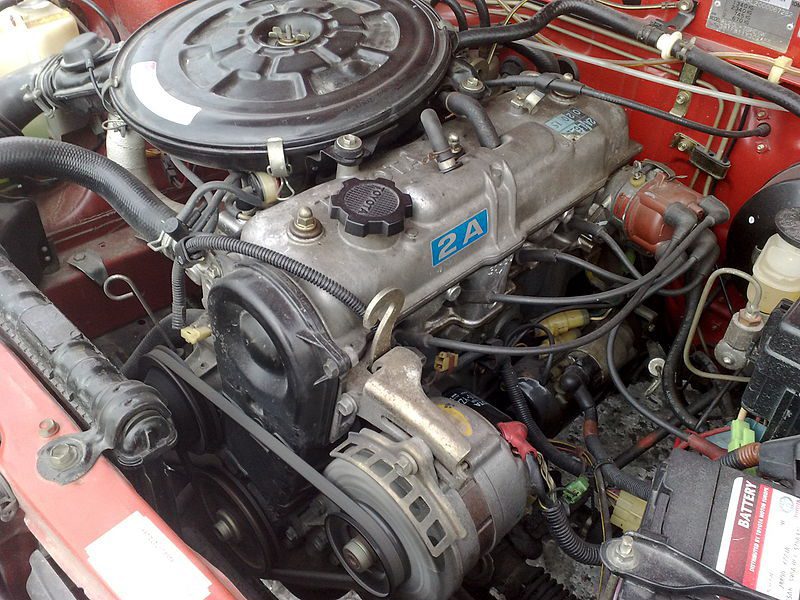Recognizing the Long-Term Conveniences of Spending in Engines for Africa for Future Development
The prospect of investing in engines for Africa-- extending framework, education, and innovation-- presents a compelling chance for lasting growth and security. Such financial investments not just pave the method for lasting financial diversity but also fortify durability versus worldwide obstacles.
Economic Security and Strength

Furthermore, strength makes it possible for African countries to adapt to changing worldwide characteristics, consisting of environment change and technical innovations. By focusing on economic diversity, countries can reduce dependency on a narrow variety of industries, hence alleviating threats related to financial slumps. Financial investment in modern technology, facilities, and education further strengthens this resilience, equipping areas to grow regardless of difficulties.
Carrying out audio financial policies and enhancing banks are additionally critical approaches for boosting economic security. These steps can help with access to credit scores, improve cost savings rates, and promote efficient source allotment. Ultimately, a durable financial structure lays the structure for sustainable advancement, making sure that Africa can take advantage of on its immense potential while getting ready for future uncertainties.
Task Creation Opportunities
A lively job market is important for driving lasting growth and minimizing destitution in Africa. Investing in engines for Africa, especially in markets such as manufacturing, technology, and agriculture, can considerably boost job creation opportunities across the continent. As brand-new markets emerge, they demand a workforce outfitted with varied skills, resulting in raised employment potential customers for regional populaces.
These investments not just produce straight work chances yet also stimulate ancillary markets. For instance, a burgeoning manufacturing sector can lead to heightened need for logistics, maintenance, and supply chain management roles. This multiplier impact intensifies the overall work landscape, fostering a durable ecosystem where different fields grow collectively.
Furthermore, raised work possibilities can promote entrepreneurship, as individuals with secure earnings commonly look for to purchase their very own services. This entrepreneurial spirit can offer added work avenues, adding to a dynamic economy.
Ultimately, by concentrating on task development with tactical financial investments, Africa can harness its potential, ensuring that economic growth equates into concrete advantages for its citizens - engines for Africa. In doing so, the continent can build a lasting future that prioritizes both financial growth and social upliftment

Enhancing Education And Learning Equipment
On a regular basis enhancing education systems is important for gearing up Africa's youth with the skills necessary to thrive in a rapidly advancing work market. A durable educational structure should prioritize both scholastic excellence and sensible ability advancement. By straightening educational programs with the needs of markets, instructional institutions can much better prepare pupils for future employment opportunities.
Financial investment in teacher training programs is important to boost instructional top quality. Trained instructors influence students and foster vital thinking, creative thinking, and analytical capabilities. Incorporating trade and technical training right into the education and learning system can offer students with tangible skills that meet market requirements, consequently reducing youth joblessness rates.

In addition, enhancing accessibility to education and learning, especially in underserved and rural locations, is important. Methods such as mobile understanding platforms and community-based education and learning efforts can bridge the void, making sure that all youth have the opportunity to do well (engines for Africa). Ultimately, a well-rounded education system will certainly be a foundation for Africa's sustainable growth and development
Developments in Technology
Harnessing the power of modern technology is changing different sectors throughout Africa, paving the means for development and growth. The combination of sophisticated innovations such as fabricated knowledge, big data, and the Web of Things (IoT) is reinventing industries, boosting performance, and driving economic development. These innovations are enabling companies link to enhance procedures, boost decision-making procedures, and foster a more open market atmosphere.
In farming, for example, accuracy farming methods powered by data analytics are optimizing crop returns and source monitoring. The monetary market is seeing a rise in mobile financial and fintech services, which are enhancing economic addition and supplying essential services to underserved populaces. Furthermore, the health care sector is taking advantage of telemedicine and digital health and wellness documents, improving access to top quality care across remote locations.
As innovation remains to develop, its effect on education is additionally substantial, with e-learning platforms increasing academic opportunities. By spending in these technological improvements, African nations can unlock new financial opportunities, produce work, and boost living standards. Embracing technology is vital for lasting development, making sure that Africa remains competitive on the global phase.
Framework Development Effect
The fast innovations in technology are closely linked with the urgent demand for framework advancement throughout Africa. As countries make every effort to enhance their financial landscapes, buying robust infrastructure systems ends up being extremely important. Reliable infrastructure-- comprising transport networks, energy grids, and communication systems-- helps with improved access to markets and resources, inevitably strengthening efficiency and financial development.
The impact of framework advancement prolongs beyond immediate financial advantages. Improved facilities fosters an environment conducive to advancement, bring in both local and international financial investments.
Additionally, strategic investments in framework can reduce the dangers related to environment adjustment, as resistant systems are vital for adapting to environmental challenges. By focusing on sustainable facilities growth, African nations can ensure long-lasting development and security. Inevitably, the interplay between technical improvements and that site facilities advancement is critical for understanding the continent's full possibility and accomplishing sustainable advancement objectives.
Verdict
To conclude, buying engines for Africa-- including facilities, education and learning, and innovation-- offers significant long-lasting benefits important for lasting development. Such calculated financial investments foster financial security and strength, create task chances, and improve education systems, ultimately leading to advancements in modern technology and facilities development. The important site advancing result of these initiatives not only enhances market access and resource circulation yet also placements African countries to flourish and adapt in a progressively vibrant international landscape.
Economic stability and durability are essential elements for lasting development in Africa, particularly as the continent seeks to harness its huge resources and potential. By focusing on financial diversity, countries can lower dependency on a slim array of industries, hence reducing risks associated with economic downturns. Ultimately, a durable financial structure lays the foundation for lasting growth, making certain that Africa can utilize on its immense possibility while preparing for future uncertainties.
Efficient infrastructure-- consisting of transport networks, energy grids, and interaction systems-- helps with enhanced accessibility to markets and resources, ultimately bolstering efficiency and financial growth.
Such tactical financial investments foster financial stability and resilience, produce work possibilities, and improve education systems, inevitably leading to improvements in innovation and infrastructure advancement.